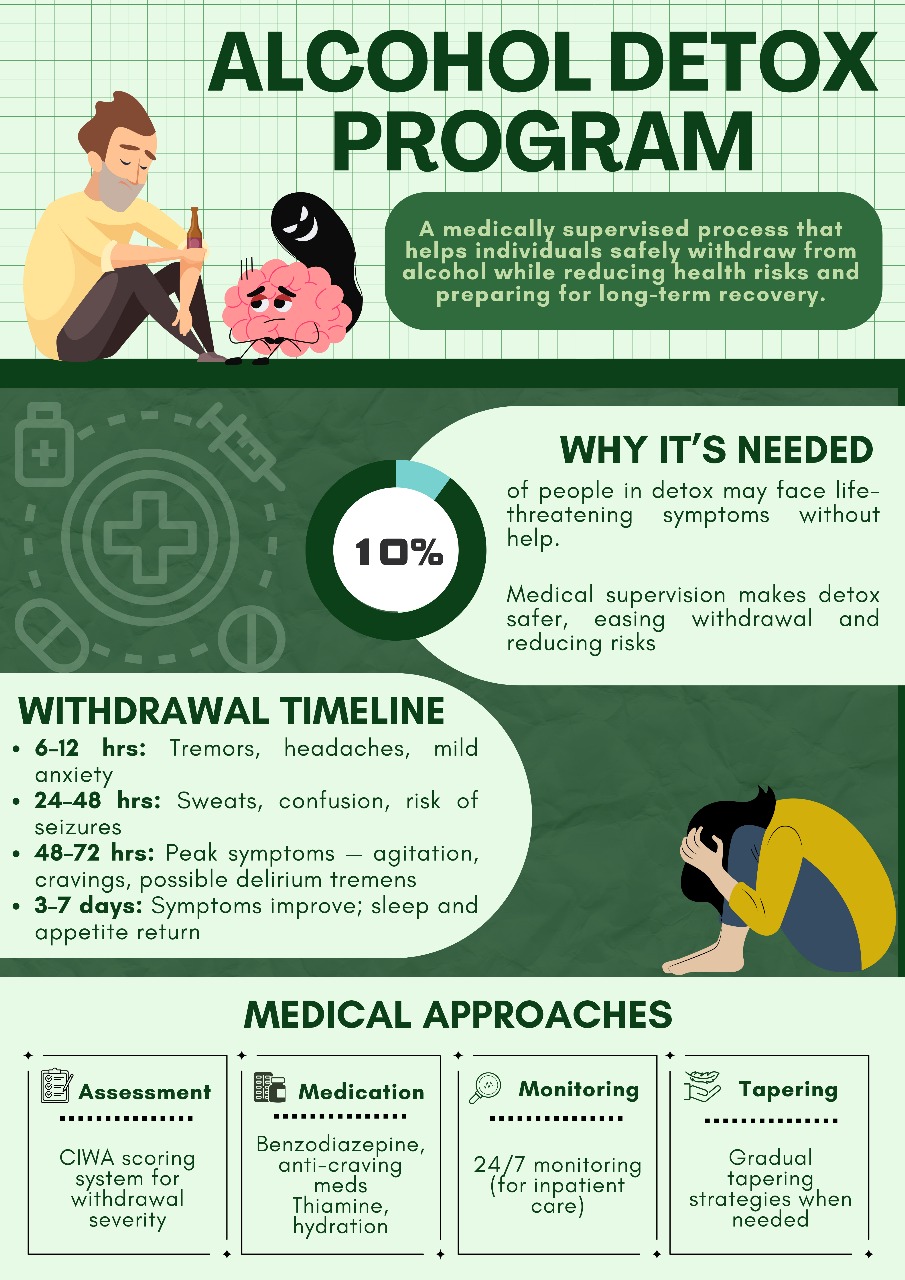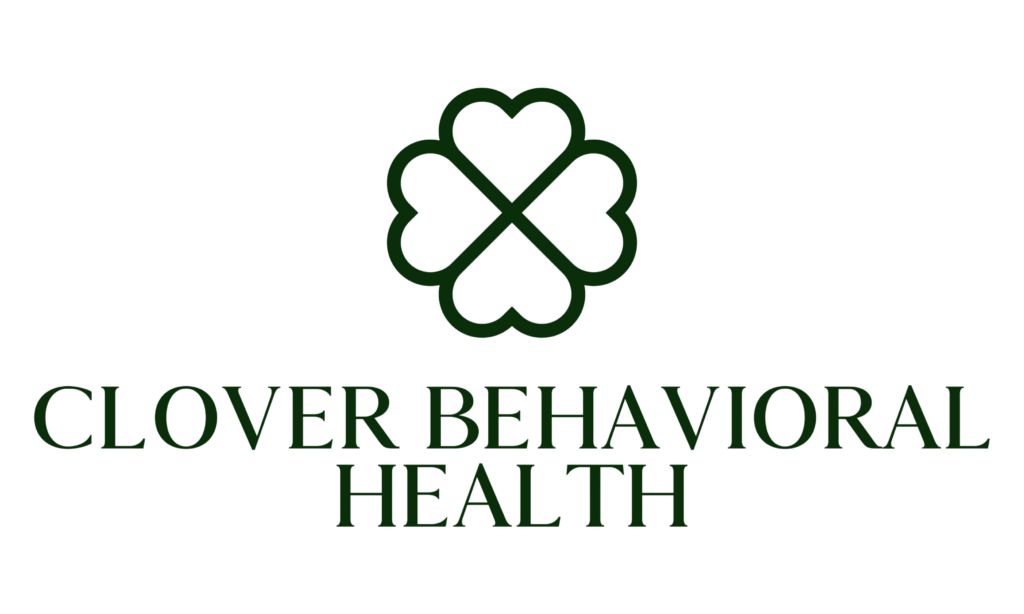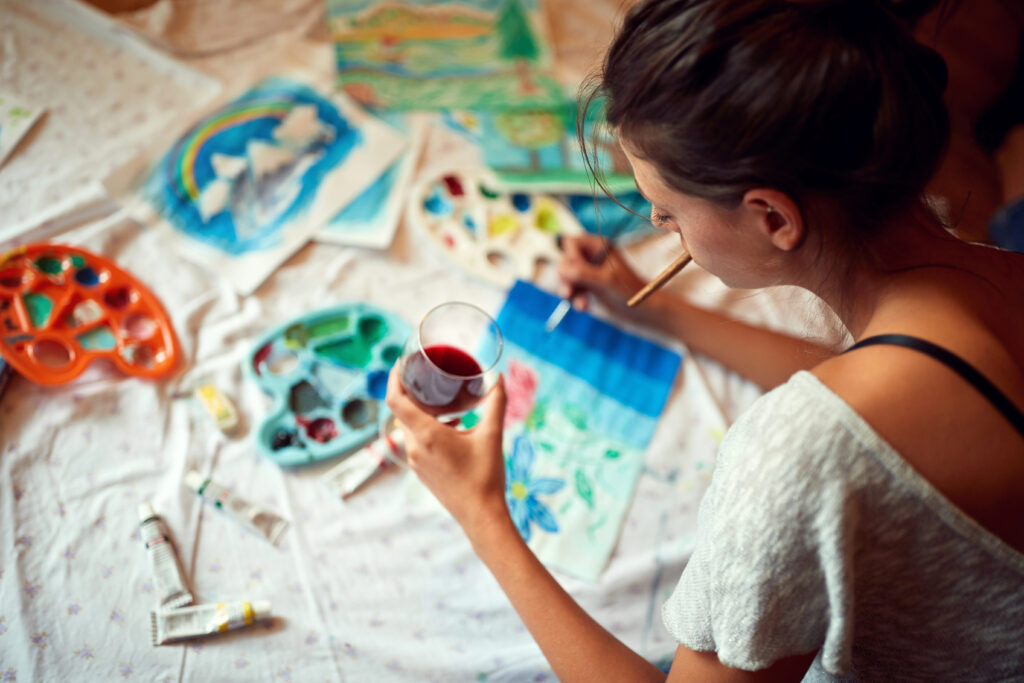Creative Recovery: Alcohol Detox in Billerica MA with Art as Emotional Processing
“Art washes away from the soul the dust of everyday life.” — Pablo Picasso
Detox isn’t the hard part. Physically, sure. It’s brutal. Your body is literally rewiring itself after running on a substance it thought it needed to survive.
Yet, the harder part? That comes after.
You’re three days clean. Suddenly, you have to feel everything you’ve been numbing for years. The boredom. The anger. The guilt about all the things you said or did. The anxiety that made you start drinking in the first place. Except now it’s back. And it brought friends.
Traditional talk therapy helps. Nevertheless, there are instances when you must work with your hands while your brain adjusts. That’s where art therapy comes in during alcohol detox in Billerica, MA at the Clover Behavioral Health center.
Your Feelings Don’t Always Fit Into Words
Try this exercise.
Describe how anxiety feels. Not what it makes you do. Not the thoughts it creates. Just the physical and emotional experience of it.
Hard, right?
Now imagine trying to paint it. Or sculpt it. Or collage it out of magazine cutouts while you’re in early recovery and your brain chemistry is still doing backflips.
Suddenly, it’s not about finding the perfect words. It’s about textures. Colors. Shapes that feel chaotic or controlled or somewhere in between. Art therapy during alcohol detox isn’t about making something pretty. It’s about making the invisible visible. Giving form to the stuff that’s been squatting in your chest for years.
Research shows art therapy helps people in recovery reduce cravings. Process trauma without retraumatization. Build emotional regulation skills. Create a sense of accomplishment when everything else feels like failure.
This isn’t some wellness trend. It’s a legitimate therapeutic tool that’s been helping people get sober since the 1950s.
The Real Process of Art Therapy Sessions
Forget whatever you’re picturing from elementary school art class.
You’re not being graded. Nobody’s judging your technique. Your art therapist doesn’t care if you can draw a straight line.
This is what actually occurs:
Week One: Getting Comfortable with the Uncomfortable
Early detox is messy. Your hands might shake. You might feel like you can’t focus on anything. That’s fine. Week one is usually about just showing up. Maybe you paint something abstract or just organize colored pencils by shade because that feels manageable. The art therapist meets you where you’re at.
Week Two: Externalizing the Internal
This is when things get interesting. You might create a visual representation of your addiction. What it looked like when it had control. What you want recovery to look like. One person might paint a storm clearing. Another might build a sculpture that literally falls apart and has to be reconstructed. There’s no wrong answer.
Week Three: Processing the Hard Stuff
Guilt. Shame. Anger. All the feelings you drank to avoid? They’re showing up now. Art therapy gives you a way to express them without words. You can rip paper. Mix muddy colors. Create something intentionally ugly because that’s honest. Your therapist helps you explore what came up while you were creating.
Week Four and Beyond: Building Your Future Self
Recovery is about more than stopping drinking. It’s about figuring out who you are without alcohol. Art therapy helps you visualize that person. What do they value? What brings them joy? What does a life worth staying sober for actually look like?
Sessions are usually 60 to 90 minutes. Sometimes individual. Sometimes in groups where you realize you’re not the only one who feels like this.
The Science Behind Why This Works
Your brain on alcohol has been running a very specific program for a long time.
Drink → feel better (temporarily) → need more to feel better → repeat.
That’s the dopamine pathway getting hijacked. What happens when you stop drinking? Your brain doesn’t immediately remember how to feel good from normal stuff. Everything feels flat. Grey. Like someone turned down the volume on life.
Art therapy activates different neural pathways.
When you create something, your brain releases dopamine naturally. Not the same as alcohol-induced dopamine. This is the kind that comes from accomplishment. From problem-solving. From making something that didn’t exist before.
Creative activities activate the brain’s reward system without substances. They reduce activity in the amygdala. That’s the fear center. They increase prefrontal cortex function. That’s the part that helps you make decisions instead of just reacting. They create new neural pathways that support sobriety.
Basically? Art therapy helps rewire your brain for recovery. Not as a replacement for medical detox or counseling. Rather, as a powerful addition to it.
What Makes Billerica, MA Different
Look, you could do alcohol detox anywhere. Still, Billerica has something specific going for it. At Clover Behavioral Health Center, we have integrated art therapy into our detox and recovery programs because we understand something crucial.
Art therapy provides you with an escape at a time when talk therapy is just too much.
It aids you in handling emotions that are either too big or rather too complex to be put into words.
In fact, it gives you practical proof that you are on the right track.
That painting you made in week two? The one that felt chaotic and dark? Look at what you’re creating now.
That’s not just art. That’s proof that your brain is healing.

Research indicates that individuals who undertake creative activities when recovering are likely to complete therapy programs. Maintain sobriety long-term. Report increased satisfaction with life. Achieve positive coping skills.
Final Words
Art therapy at Clover Behavioral Health Center, Billerica, is one of the components of alcohol detox and recovery support.
You will be employed with medical specialists who handle the physical part of detox. Counselors who help you understand your triggers and patterns. And art therapists who give you tools to process everything that comes up along the way.
No judgment about how you got here. No pressure to have it all figured out. Just real support from people who understand that recovery is messy and nonlinear and absolutely possible.
Call us at 978-216-7765 to learn more about our alcohol detox program with integrated art therapy.
You don’t need to be “good at art” to benefit from art therapy. You just need to be willing to try something different. To get curious about what’s possible when you give yourself permission to heal in ways that aren’t just talking.














